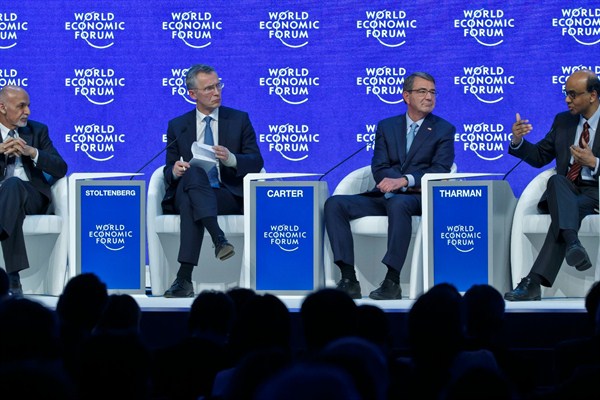At the foundations of the major crises that have rocked Europe over the past three years can be found questions of geo-economics. Whether in the Russian intervention in Ukraine in 2014, the migration crisis that began in earnest in 2015, or last week’s decision of British voters to approve an exit from the European Union, governments and peoples are making choices as to what sources of human capital, raw material and manufacturing potential, as well as which larger economic groupings, they wish to be associated with.
The neat division of the world into largely self-sufficient Westphalian states defined by clear geographic borders—in which interstate conflict was driven by the desire to seize land, resources and populations by one state from another—has been upended by the processes of globalization, which have created new connections between states while simultaneously opening up divides within them. Forging—or forcing—economic connectivity seems to be the driving force for international politics in the 21st century, and geo-economics is the framework through which it can be best understood.
Geo-economics argues that states seek control over the nodes of the global economy as a source of power and influence. In this new context, the principal drivers of conflict—or conciliation—will be battles over the management of connections: whose hand will turn the various spigots that control and channel the flows of economic activity, whether pipelines, canals, trade routes or internet connections.

